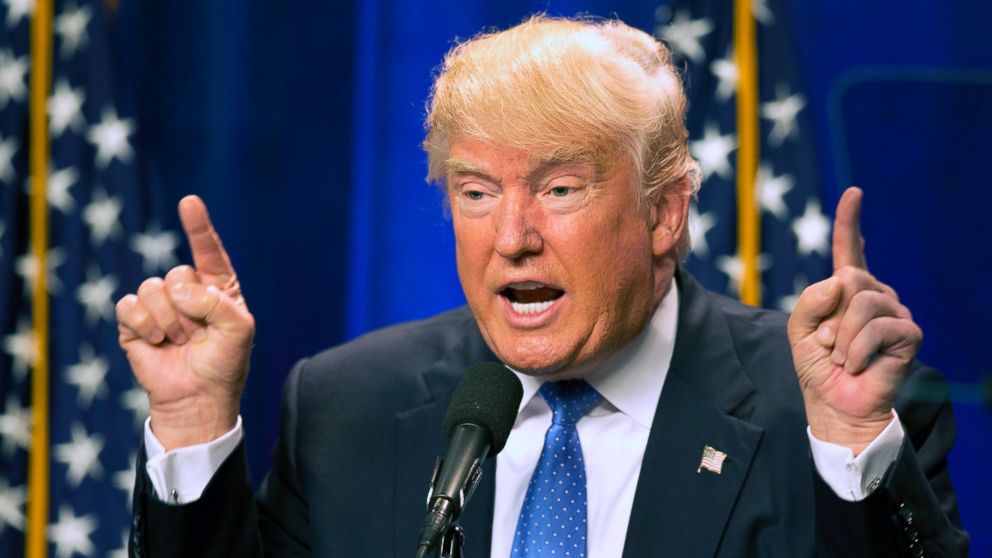Everything You Need to Know About the Republican Convention Committee Meetings
Republicans opposed to Donald Trump will make their final stand this week.

CLEVELAND -- It’s the not so calm before the storm.
With thousands of Republicans from across the country gearing up for next week’s GOP convention, dozens are already gathering here in Cleveland for preliminary meetings that could thwart Donald Trump's path to the White House.
Delegates will spar over proposals for official positions of the Republican Party, as well as the final rules that will govern the convention. And handfuls of Republicans still hoping to block presumptive nominee Trump from winning the nomination will make their Hail Mary effort.
Here’s everything you need to know about this week’s convention committee meetings in Cleveland:
Anti-Trump Forces Make Their Final Stand
A long-shot, 11th-hour push to block Donald Trump from the nomination will have its moment of truth this week. The convention’s powerful, 112-member rules panel will huddle Thursday and Friday to consider proposed changes.
The real estate mogul already has hundreds more than the 1,237 delegates required for the nomination, but the effort aims to release delegates to vote for whomever they want, not necessarily the candidate who won their primary or caucus.
The rules will clear two largely procedural hurdles at the Republican National Committee meetings on Tuesday and Wednesday. On Thursday or Friday, the effort’s last hope will depend on whether leaders can rally the support of at least 28 members of the convention’s rules panel, forcing a vote on the full convention floor next week.
But That’s Not All: More Rules That Could Change
The rules panel has sweeping authority, an ability to propose changes to any rule governing the convention or the Republican National Committee.
The anti-Trump delegates are considering pushing changes to make it easier for delegates to block Trump’s vice-presidential choice and pick someone else.
Delegates will probably mull ousting the first-in-the-nation statuses of the Iowa caucuses and New Hampshire primary, under fire for failing to accurately reflect the opinions of voters nationwide.
A more likely move could be bumping back the Nevada caucuses, a recent addition to the early calendar that has faced criticism.
Delegates could debate excluding independents from voting in the primary and caucus process. Much of Donald Trump’s success this year came from independent voters who were not registered Republicans.
Republicans Debate Their Core Beliefs
Republicans will clash this week over their party’s platform. It’s a nonbinding document for members and candidates, but it spells out the party’s official positions on everything from taxes to foreign policy to same-sex marriage.
LGBT issues are sure to play a major role in discussions starting Monday and Tuesday this week, with spats over which bathrooms transgender people may use and same-sex marriage likely taking center stage.
Delegates to the GOP convention tend to be more conservative than rank-and-file Republicans, thanks to multilevel selection methods that favor grass-roots involvement and organization.
On the Democratic side, battles over the platform have become more significant than usual. Sen. Bernie Sanders has effectively transitioned his presidential bid into a push for a more progressive platform, including a call for a $15 hourly minimum wage and a path to legalizing marijuana.




